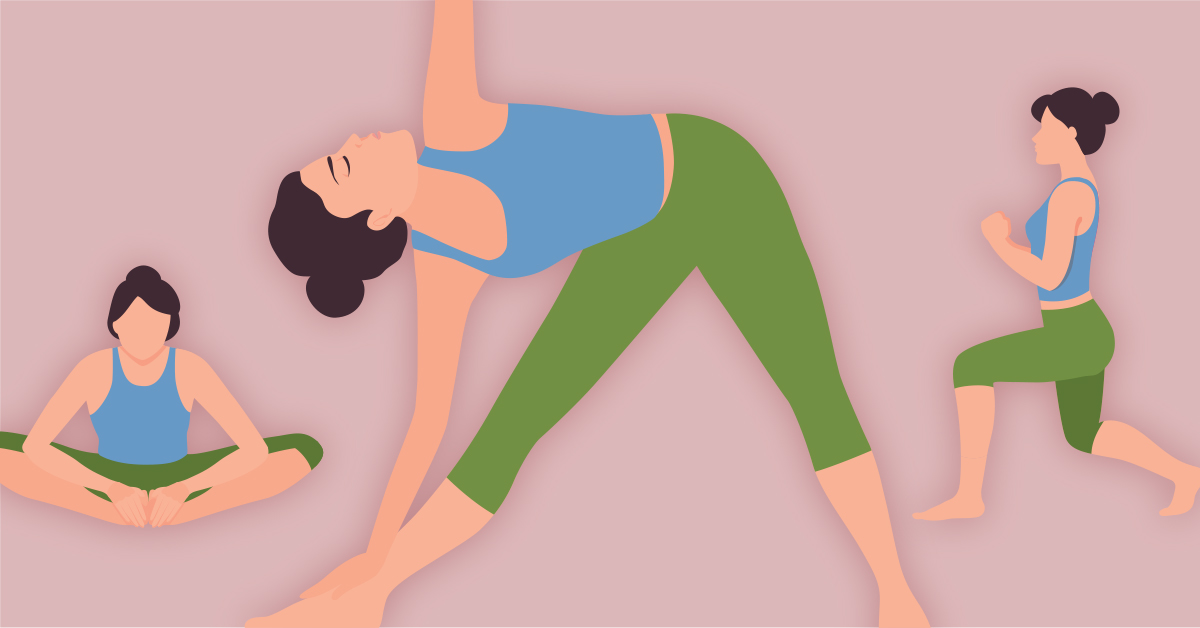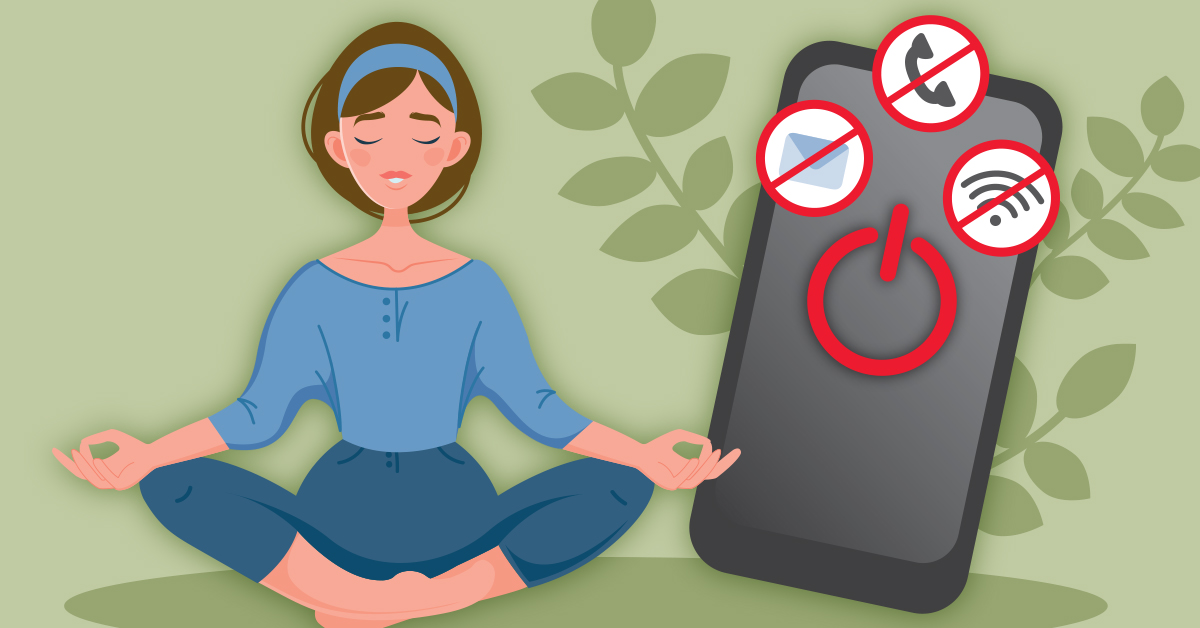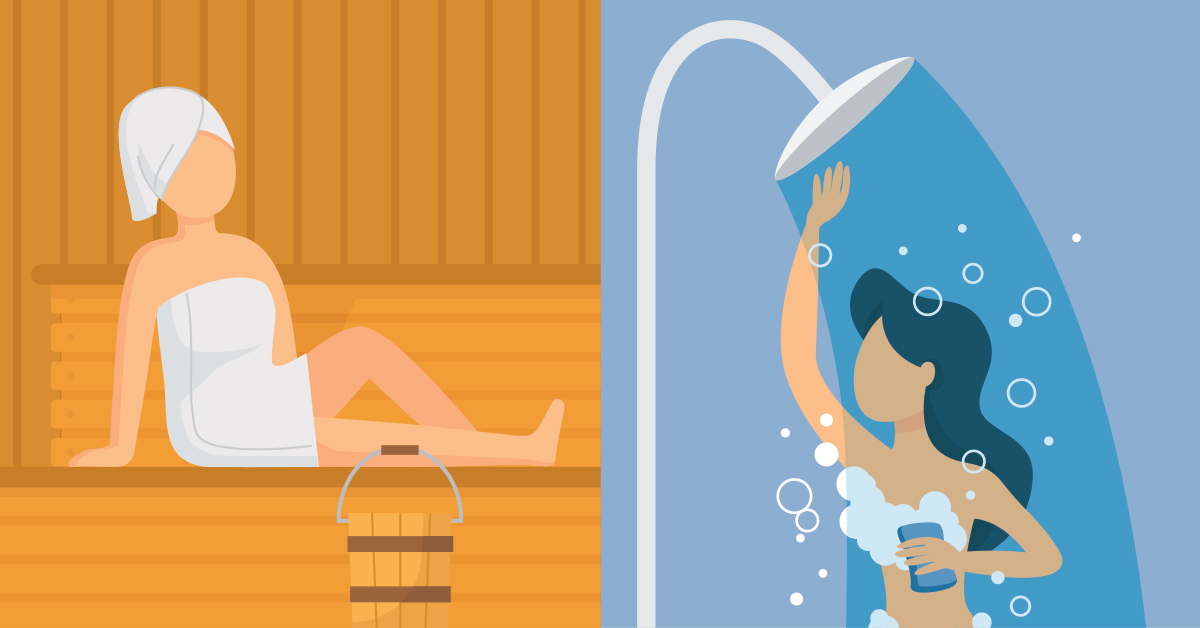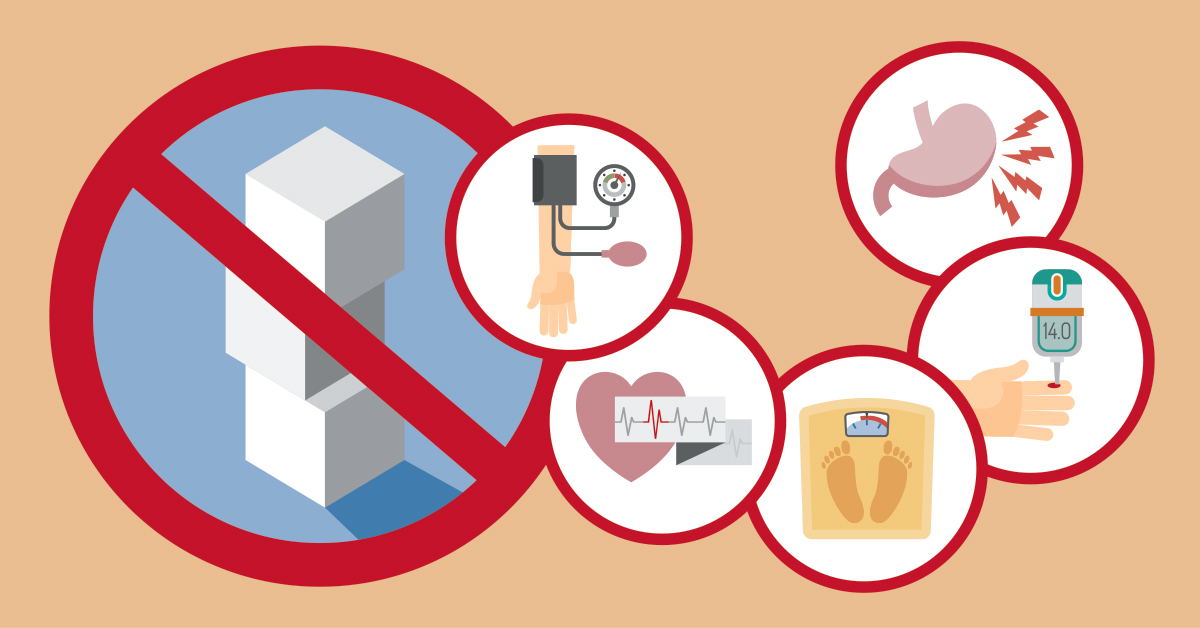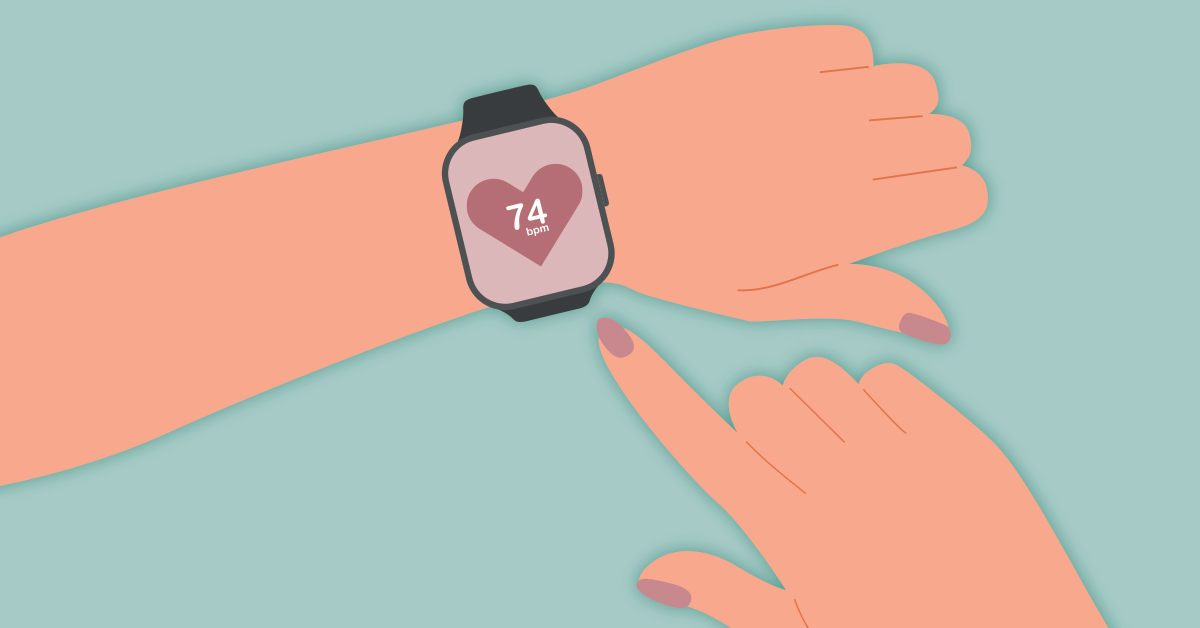Sleep is essential for your overall health and well-being!
It plays a crucial role in a variety of bodily functions, including:
Physical Health
- Rest and Repair: Sleep allows the body to rest and repair tissues and organs.
- Hormone Regulation: Sleep helps regulate hormones that control growth, metabolism, and immunity.
- Immune System Function: Sleep is essential for a healthy immune system, as it helps the body fight infections and produce antibodies.
Brain Function
- Memory Consolidation: Sleep helps consolidate memories and improve learning and cognitive function.
- Emotional Regulation: Sleep helps regulate mood and reduce stress.
- Brain Detoxification: During sleep, the brain removes waste products and toxins.
Metabolic Health
- Blood Sugar Control: Sleep helps regulate blood sugar levels and reduce the risk of diabetes.
- Weight Management: Sleep deprivation can lead to increased appetite and weight gain.
Other Benefits
- Reduced Risk of Chronic Diseases: Adequate sleep is associated with a lower risk of health problems such as heart disease, stroke, high blood pressure, and type 2 diabetes.
- Improved Mood and Mental Health: Sleep helps promote feelings of well-being and reduce the risk of depression and anxiety.
- Enhanced Social Interactions: Sleep deprivation can impair social skills and make it difficult to interact with others.
Unfortunately, even if we understand its importance, getting a good night’s sleep can sometimes be easier said than done! Keep reading for helpful tips!
10 Tips for Good Sleep Management
- Keep regular sleep cycle.
Maintain a routine every night (within 15 minutes).
- Institute a digital curfew.
Turn off all digital devices one hour before bed.
- Create your ideal sleep environment:
- Ambiance – light/darkness
- Room temperature – avoid a warm (or uncomfortably warm) sleep space.
- Pets: healthy boundaries – keep pets out of bedroom.
- Tech-free bedroom – (No screens or gadgets!)
- Sleep comfort – don’t forget the quality of your bedding! (High thread count sheets, comfortable pillows, good mattress pad etc.)
- Quiet bedroom – noise reduction; use white noise if needed to drown out distracting sounds.
- Sleep partner – if snoring and/or restlessness interrupt sleep you might consider sleeping in separate beds.
- Food and snacks – consider a “no food in bedroom” policy.
- Other distractions – be aware of sleep distractions leading up to bedtime and during sleeping hours. Be creative to find changes in routine or environment to help improve your sleep.
- Add exercise to your daily routine.
- Decrease your caffeine intake.
- Learn to meditate.
- Throw out your TV.
Consider moving TV out of bedroom.
- Avoid alcohol and nicotine.
- Clear your late-night mind.
Make a to-do list before bed. Keep it handy near your bed to add to it if things come to mind during the night.
- Remove non-sleep activities from your bedroom.
(Office supplies and duties, TV, food, etc.) Your bed is for sleep (and sex)!
Sweet dreams tonight!
Beware of Sleep Robbers!
Be aware that these culprits can rob you of your much-needed sleep. Try to make appropriate adjustments when possible.
- Caffeine
- Heavy Foods
- Cell Phone / Technology Use
- Medications
- Room Temperature (too warm)
- Sleep Partner Snoring
- Pets in the Bed
- Clutter
- Afternoon Naps (can be both good and bad)
- Shift Work
- Jet Lag
- Lack of Exercise
- Sleep Apnea
- Frequent Urination
- Chronic Pain
- Depression / Anxiety
- Stress
Sleep Well!
3 important things to remember:
- Sleep is essential to good health
- Create your ideal sleep environment
- Reduce those sleep robbers





